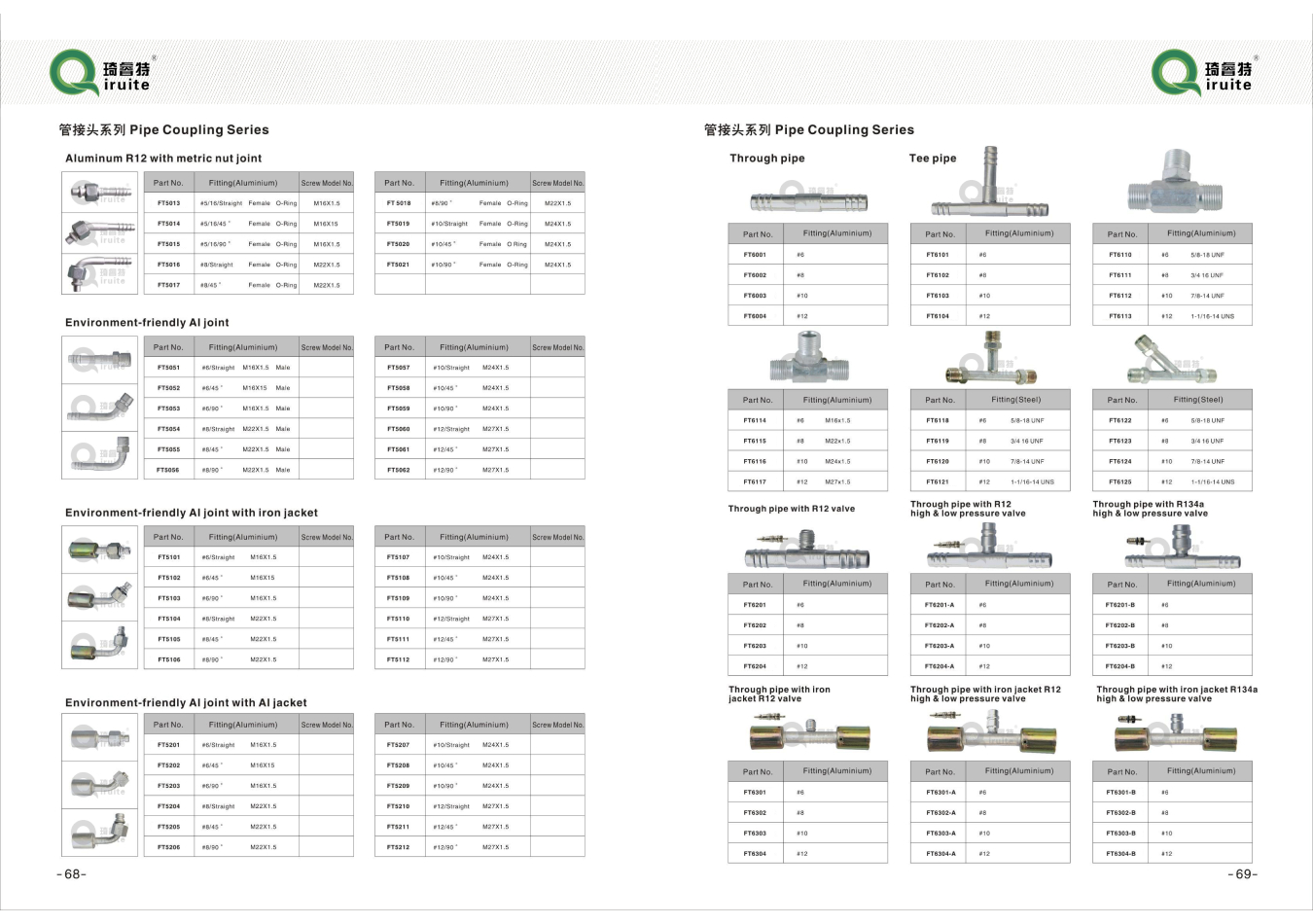Effective Techniques for Cleaning RV Sewer Hoses and Maintaining Sanitation
Cleaning RV Sewer Hoses Keeping Your RV Experience Enjoyable
When it comes to owning a recreational vehicle (RV), one of the most overlooked yet essential aspects of maintenance is managing the sewer system, particularly the sewer hoses. RV sewer hoses are critical for transferring waste from your RV to the sewer system at a campground or dump station. While it may not be the most glamorous part of RVing, keeping your sewer hoses clean and in good condition is vital for a hassle-free experience.
Understanding RV Sewer Hoses
RV sewer hoses are typically made from durable materials designed to withstand the rigors of travel and disposal. However, over time, these hoses can accumulate waste residue, odors, and bacteria if not properly maintained. Regular cleaning of your sewer hoses not only extends their life but also ensures a more sanitary RV environment.
Why Clean Your Sewer Hoses?
1. Prevent Unpleasant Odors Nutrients and waste residue can build up inside the hose, leading to unpleasant smells that can permeate your RV. Cleaning the hoses after each use helps keep any lingering odors at bay.
2. Avoid Contamination A dirty hose can lead to cross-contamination. If the waste residue enters your fresh water system, it can pose serious health risks. Regular cleaning minimizes this risk and ensures that your RV remains a safe space for you and your family.
3. Extend Hose Lifespan Like any equipment, proper care and maintenance can prolong the life of your sewer hoses. Neglecting them can lead to cracks or other issues that may require replacement—a costly and inconvenient outcome.
Cleaning Procedures for RV Sewer Hoses
Cleaning your sewer hoses doesn’t have to be a daunting task
. Follow these steps to keep them in optimal conditionrv sewer hose cleaning

1. Prepare for Cleaning Gather your supplies, which should include a hose cleaning wand or brush, bleach or a specialized sewer hose cleaning solution, gloves, and a bucket. Ensure you are positioned close to a dump station or a clean-out area.
2. Dump the Tank Always start by emptying your waste tanks. This ensures that you are cleaning the hoses when they are empty and minimizes the risk of spillage.
3. Rinse the Hose Once the tanks are emptied, connect a fresh water hose to the sewer hose port and run it to flush out any remaining waste. You can use a cleaning wand to effectively scrub the inside of the hose if needed.
4. Disinfect After rinsing, use a solution of bleach and water or a specific cleaning solution designed for RV sewer hoses. Let this solution sit for a few minutes before rinsing it out thoroughly.
5. Drying Allow the hose to dry completely before storing it. A damp environment can promote bacterial growth and odor.
Storage Tips
- Always store your sewer hoses in a designated container, separate from other equipment like fresh water hoses. This avoids cross-contamination and keeps your RV organized. - Inspect your hoses periodically for signs of wear and tear. Cracks, leaks, or significant discoloration can indicate that it’s time for a replacement.
Conclusion
While cleaning RV sewer hoses might not be the favorite task of RV owners, it is essential for maintaining a pleasant and healthy living environment. By adhering to a regular cleaning routine and taking necessary precautions, you can ensure that your RV remains a comfortable and enjoyable place to be. Remember, a little effort goes a long way in preserving the joy of camping and traveling in your RV!
-
Ultimate Spiral Protection for Hoses & CablesNewsJun.26,2025
-
The Ultimate Quick-Connect Solutions for Every NeedNewsJun.26,2025
-
SAE J1401 Brake Hose: Reliable Choice for Safe BrakingNewsJun.26,2025
-
Reliable J2064 A/C Hoses for Real-World Cooling NeedsNewsJun.26,2025
-
Heavy-Duty Sewer Jetting Hoses Built to LastNewsJun.26,2025
-
Fix Power Steering Tube Leaks Fast – Durable & Affordable SolutionNewsJun.26,2025

